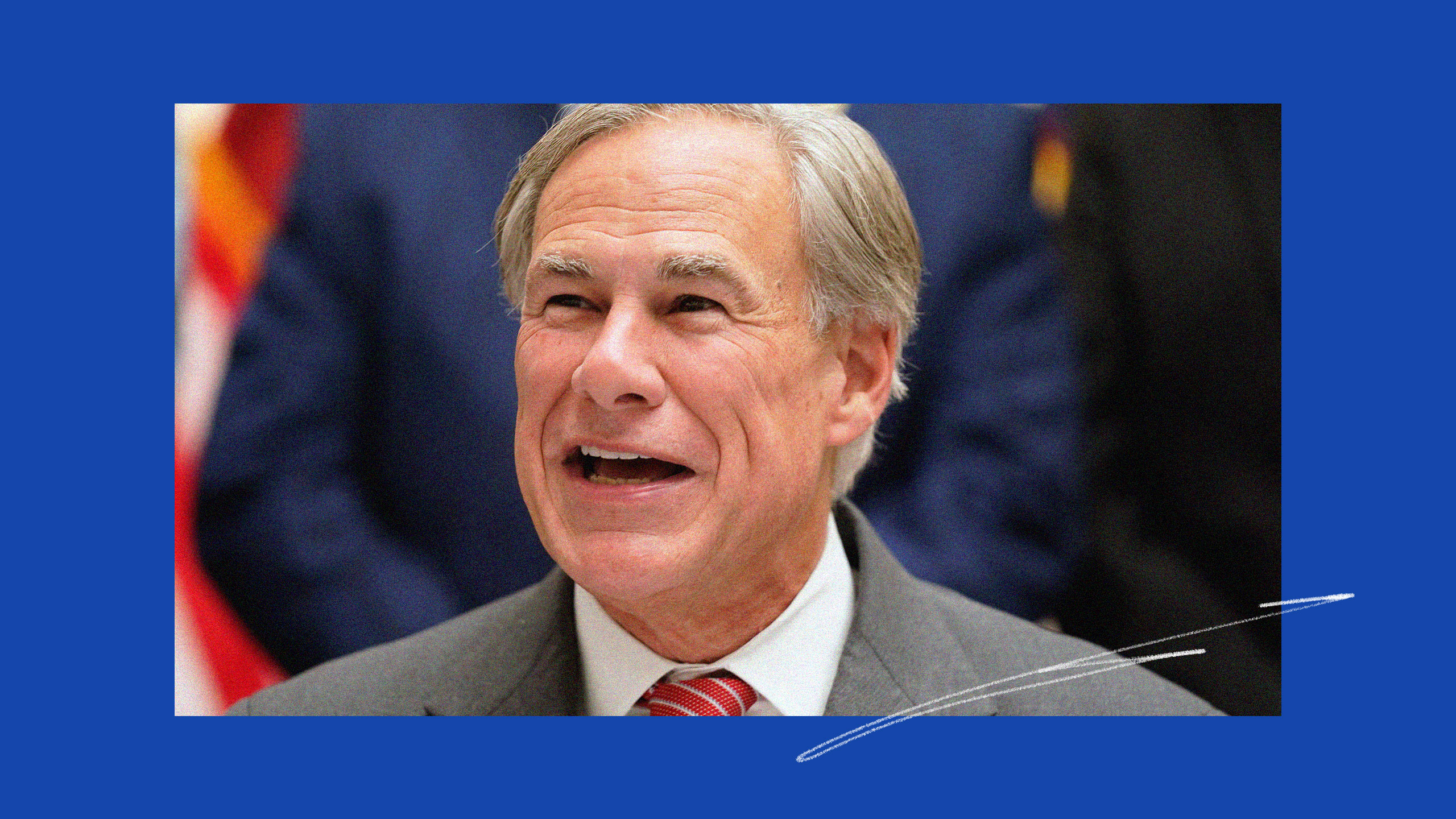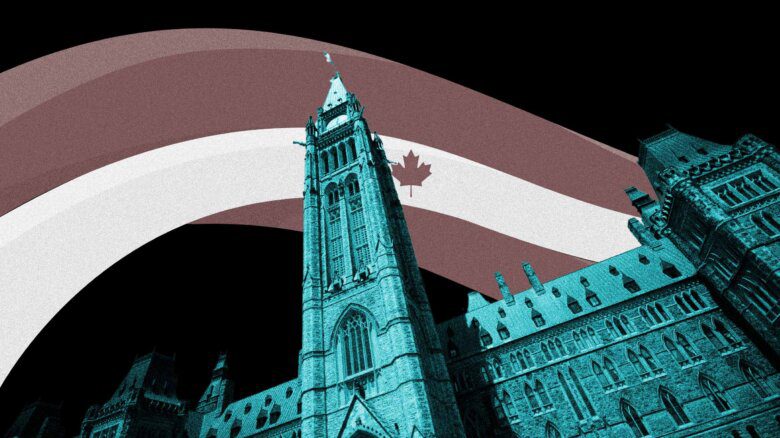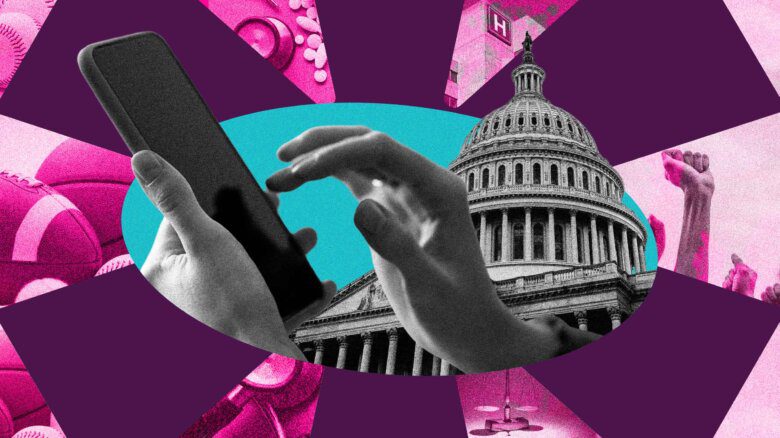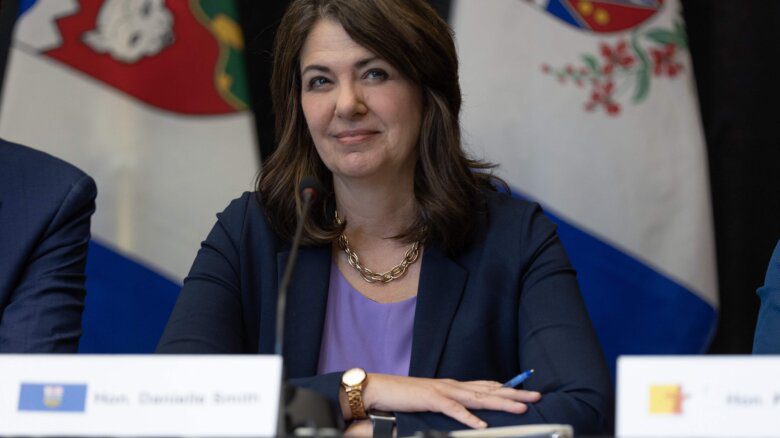Politicians in two U.S. states are attempting to ban the teaching of LGBTQ2S+ education in schools under the guise of “parental rights,” according to critics.
Last week, Texas Gov. Greg Abbott proposed what he called the Parents’ Bill of Rights: an amendment to the state’s constitution that he claims would give parents greater veto power over what their children are being taught in schools. Abbott, who is currently running for his third term in office, vowed that his plan would “expand parents’ access to course curriculum and all material that is available in schools.
“Also, we will ensure that if a parent has a concern about curriculum or policies, that those concerns are heard quickly and respectfully,” he said in a Jan. 20 press release.
While that statement doesn’t explicitly reference LGBTQ2S+ rights, the Republican leader also pledged to tackle the alleged distribution of “pornography” in schools. What constitutes explicit material is left undefined, but Abbott has previously taken aim at LGBTQ2S+ inclusive books, claiming that works like Maia Kobabe’s Gender Queer: A Memoir and Carmen Maria Machado’s In the Dream House are “obscene.” In a November letter, he called for their immediate removal from Texas school libraries.
Last year’s plea to the Texas Association of School Boards to take action against LGBTQ2S+ materials called to prosecute educators to the “fullest extent of the law” if they are caught distributing offending material. If implemented, Abbott’s demand would have slapped violators with a year in prison and a $4,000 fine, according to political news blog The Hill.
Abbott’s more recent proposed constitutional amendment would up the ante even further. Educators could “lose all their educational credentials and state licencing, plus forfeit their retirement benefits and be placed on the do not hire list” for distributing LGBTQ2S+ affirming literature, per his press release.
LGBTQ2S+ advocates have strongly condemned the “Parents’ Bill of Rights” as yet another attack on the community following the passage of a 2021 law restricting trans student access to athletics. Melanie Willingham-Jaggers, executive director of the youth advocacy group GLSEN, predicts in a statement that Abbott’s proposed amendment would “set the stage for state-sanctioned discrimination” against queer and trans students.
“This plan is just one part of a coordinated attack on equal opportunity for LGBTQ+ students, students of colour and other communities that experience marginalization in our schools,” she tells Xtra. “This plan undermines and threatens any teacher or administrator who openly supports LGBTQ+ students and goes so far as to exploit parents to stoke fear and division in our schools.”
Other leading voices in the LGBTQ2S+ rights movement joined in speaking out against the proposal. Ricardo Martinez, the CEO of statewide advocacy group Equality Texas, says in an email to Xtra that the amendment would lead to “censorship,” “vigilante attacks on teachers” and “simple symbols of welcome and safety” being removed from classrooms. Brian Bond, executive director of the support network PFLAG Nation, adds that these policies would negatively affect all students, not just LGBTQ2S+ youth.
“In some areas that have banned books, school districts have lost contracts for students to take college credits because some of the course books are on the banned list,” Bond tells Xtra. “Places that are considering banning the teaching of sexual orientation or gender identity will have very little else to teach, because everyone—not just LGBTQ+ people—has a sexual orientation and a gender identity.”
Texas isn’t the only state that advocates say is taking aim at LGBTQ2S+ education. A bill approved by the Judiciary Committee within the Florida House of Representatives on Jan. 20 would ban the use of LGBTQ2S+ materials in primary school classrooms. The legislation, known as the Parental Rights in Education bill, passed along party lines.
There is debate about which grades in particular would be affected by the legislation. The bill’s prime sponsor in the Florida House, State Rep. Joe Harding (R-22nd District), told colleagues that the bill would only apply to grades K-5 during committee hearings. But the Florida Department of Education claimed in a statement to the Tampa NBC news affiliate WFLA that it considers primary education as extending all the way through high school.
Harding has also affirmed that the legislation would not apply to LGBTQ2S+ history and would not prevent a student with same-sex parents from discussing their family in class. He said that it would instead prevent students from being assigned “specific curriculum or coursework” focused on queer and trans issues, although he failed to define types of lessons that would specifically be banned.
“This bill is about defending the most awesome responsibility a person can have: being a parent,” Harding affirmed in a statement cited by U.K. newspaper The Guardian. “That job can only be given to you by above.”
Local advocates have been extremely critical of the bill. Jordan L. Costen-Sumpter, founder of the youth support organization Safe Space Nova, tells Xtra in an email that the legislation is “unacceptable.” Equality Florida, the state’s largest LGBTQ2S+ advocacy group, warns that it would have “terrifying consequences” if made law.
“It would further stigmatize LGBTQ people, isolate already vulnerable young people, and chill attempts to create inclusive school environments,” Equality Florida’s press secretary, Brandon Wolf, warns in a press release. “LGBTQ people are a normal, healthy part of society. We deserve to be seen, acknowledged and celebrated just like everyone else—not demonized and used as political pawns.”
The Parental Rights in Education bill is currently awaiting a full vote in the Florida House. If passed, the proposal will still need to clear the Senate before reaching the desk of Republican Gov. Ron DeSantis, who is likely to sign it. In addition to passing an anti-trans sports ban last year, the rumored 2024 presidential hopeful also defunded LGBTQ2S+ mental health services during Pride Month and fought to block trans youth from receiving gender-affirming medical care.
At least four U.S. states already ban educators from discussing topics related to LGBTQ2S+ education in schools, according to GLSEN: Louisiana, Mississippi, Oklahoma and Texas. Tennessee passed its own version of what advocates call a “No Promo Homo” law last year by allowing parents to opt their children out of courses that teach about the LGBTQ2S+ community.


 Why you can trust Xtra
Why you can trust Xtra


